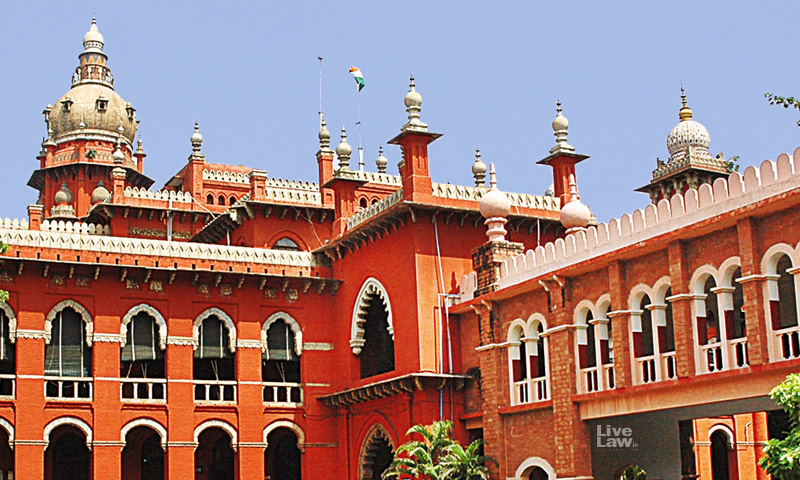Madras High Court Issues Notice On Plea Challenging Postal Ballots Provision In RP Act
LIVELAW NEWS NETWORK
9 Jan 2021 11:51 AM IST

Next Story
9 Jan 2021 11:51 AM IST
The Madras High Court on Thursday issued notices on a petition challenging the constitutional validity of Section 60(c) of the Representation of Peoples Act, 1951. The provision permits issue of postal ballot to electors above the age of 80 years, electors with physical disability and electors in quarantine due to COVID-19 -regarding. A Bench of Chief Justice Sanjib...
